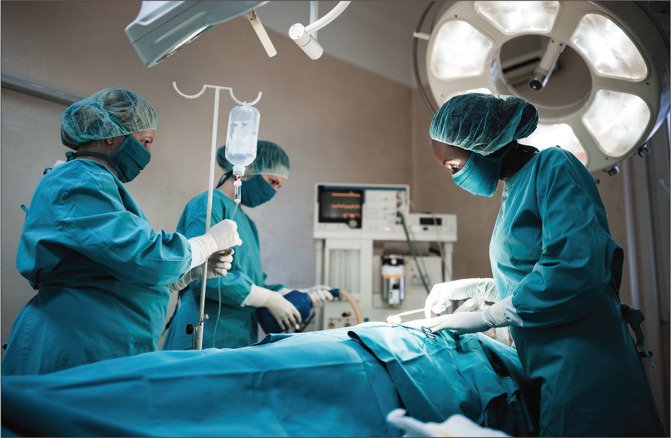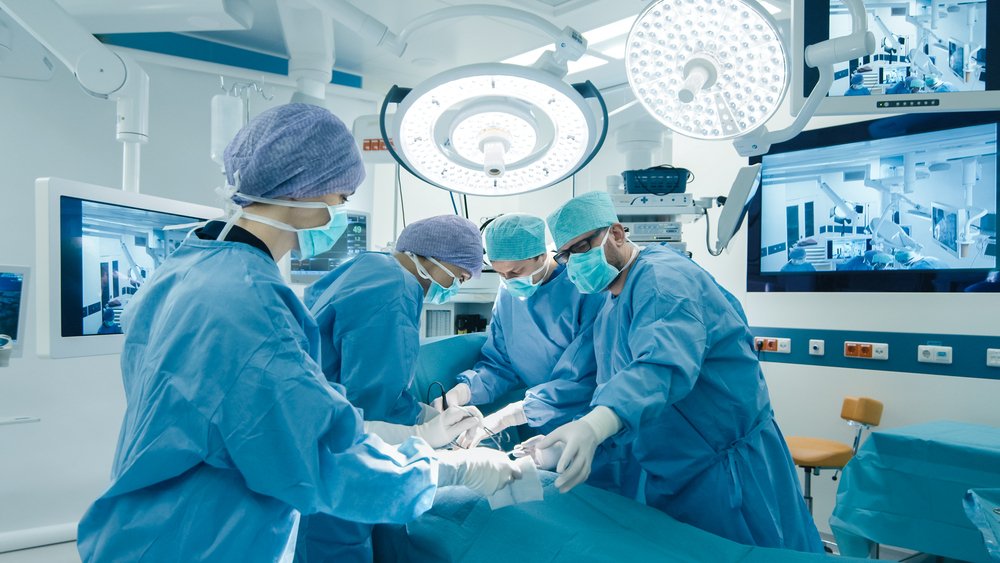Postoperative management and care of gastrointestinal surgery – This course is designed to understand the concept of community health nursing: nurses’ roles and interventions in family health, school health, occupational health, environmental health, elderly health care, gender issues, disaster management and principles and terminology of epidemiology. The aim of the course is to acquire knowledge and skills in community health nursing.

Postoperative management and care of gastrointestinal surgery
Postoperative Management and Care of Gastrointestinal Surgery:
According to World Health Organization. (WHO):
Postoperative care
D. Post-operative note and orders: The patient should be discharged to the ward with comprehensive orders for the following:
- Vital signs
- Pain control
- Rate and type of intravenous fluid
- Urine and gastrointestinal fluid output
- Other medications
- Laboratory investigations
The patient’s progress should be monitored and should include at least:
- A comment on medical and nursing observations
- A specific comment on the wound or operation site
- Any complications
- Any changes made in treatment
E. Aftercare: Prevention of complications
- Encourage early mobilization:
✔ Deep breathing and coughing
✔ Active daily exercise
✔ Joint range of motion
✔ Muscular strengthening
✔ Make walking aids such as canes, crutches and walkers available and provide instructions for their use
- Ensure adequate nutrition
- Prevent skin breakdown and pressure sores:
✔ Turn the patient frequently
✔ Keep urine and faeces off skin
- Provide adequate pain control
F. Discharge note: On discharging the patient from the ward, record in the notes:
- Diagnosis on admission and discharge
- Summary of course in hospital
- Instructions about further management, including drugs prescribed.
Ensure that a copy of this information is given to the patient, together with details of any follow-up appointment
Postoperative Management
If the patient is restless, something is wrong.
Look out for the following in recovery:
- Airway obstruction
- Hypoxia
- Haemorrhage: internal or external
- Hypotension and/or hypertension
- Postoperative pain
- Shivering, hypothermia
- Vomiting, aspiration
- Falling on the floor
- Residual narcosis
The recovering patient is fit for the ward when:
- Awake, opens eyes
- Extubated
- Blood pressure and pulse are satisfactory
- Can lift head on command
- Not hypoxic
- Breathing quietly and comfortably
- Appropriate analgesia has been prescribed and is safely established

Nursing Responsibilities:
- The patient should be kept on nothing by mouth according to doctor’s order.
- IV fluid should be given according to doctor’s order.
- Maintain input and output chart.
- Maintain patency of NG tube. Notify physician if tube becomes dislodged
- Note character and amount of gastric drainage.
- Provide oral hygiene on a regular, frequent basis, including petroleum jelly for lips.
- Auscultate for resumption of bowel sounds and note passage of flatus.
- Monitor tolerance to fluid and food intake, noting abdominal distension, reports of increased pain, cramping, nausea and vomiting.
- Avoid milk and high-carbohydrate foods in the diet.
- Note admission weight and compare with subsequent readings.
- Administer IV fluids, TPN, and lipids as indicated.
- Monitor laboratory studies (Hb and Hct, electrolytes, and total protein, prealbumin).
- Progress diet as tolerated, advancing from clear liquid to bland diet with several small feedings.
- Administer medications as indicated:
✔ Anticholinergics: atropine, propantheline bromide (Pro-Banthine)
✔ Fat-soluble vitamin supplements, including vitamin B12, calcium
✔ Iron preparations
✔ Protein supplements
✔ Medium-chain triglycerides (MCT)
- Care of the surgical area
- Care of IV cannel
- Care of the bowel and bladder
- Patient and their family members assured and informed about patient condition.
